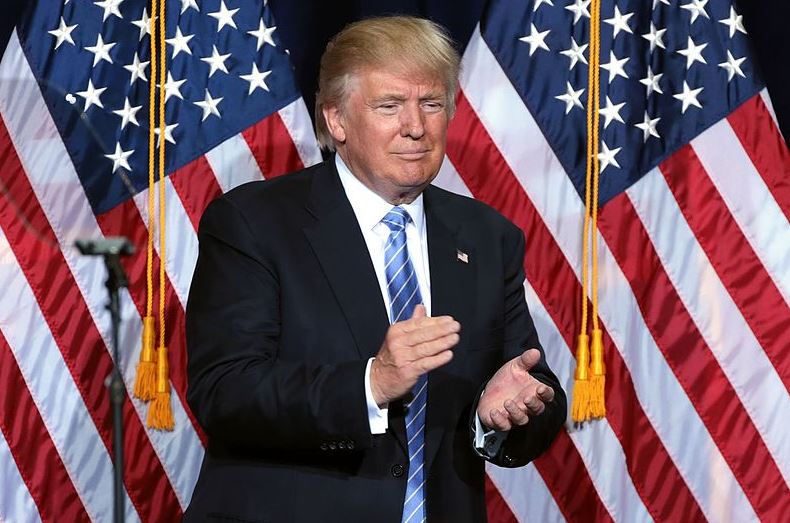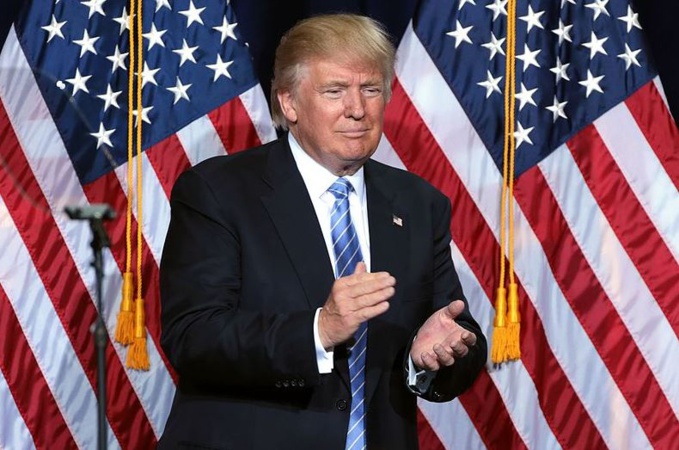Although the measures are not directed particularly against the PRC, however, China is the largest producer of both goods. In total, the US uses the antidumping measures against 111 Chinese products (by comparison: China does it for 19 US goods). In 2016, the import of washing machines from the PRC in the US was estimated at $ 0.4 billion, PV panels - $ 1.5 billion. Together, it amounts to 0.6% of Chinese exports. In the same year, according to the International Trade Center, the volume of imports to the US from China was $ 481.5 billion, down 4.5% year-on-year. However, as the situation in the US economy improves, imports and trade deficit are expected to increase. Now the US accounts for almost a quarter of all Chinese exports and vice versa, China's share in US imports is also comparable - about 22%.
As expected, China will try to challenge the new restrictions in the WTO. Authorities of South Korea and Germany have already expressed dissatisfaction, pointing out the risks of the "trade war". The macroeconomic effect of these measures will not be so significant due to the volume of the industries themselves, Capital Economics believes, noting that such a policy may be the result of some disappointment in the application of anti-dumping measures. Chinese manufacturers have learned to bypass them by transferring the final assembly to third countries. So, after US anti-dumping measures for the supply of solar panels from China in 2012, the share of PRC in supply fell from 59% to 34%, but rose from 13% to 30 % in Malaysia.
source: reuters.com
As expected, China will try to challenge the new restrictions in the WTO. Authorities of South Korea and Germany have already expressed dissatisfaction, pointing out the risks of the "trade war". The macroeconomic effect of these measures will not be so significant due to the volume of the industries themselves, Capital Economics believes, noting that such a policy may be the result of some disappointment in the application of anti-dumping measures. Chinese manufacturers have learned to bypass them by transferring the final assembly to third countries. So, after US anti-dumping measures for the supply of solar panels from China in 2012, the share of PRC in supply fell from 59% to 34%, but rose from 13% to 30 % in Malaysia.
source: reuters.com



















